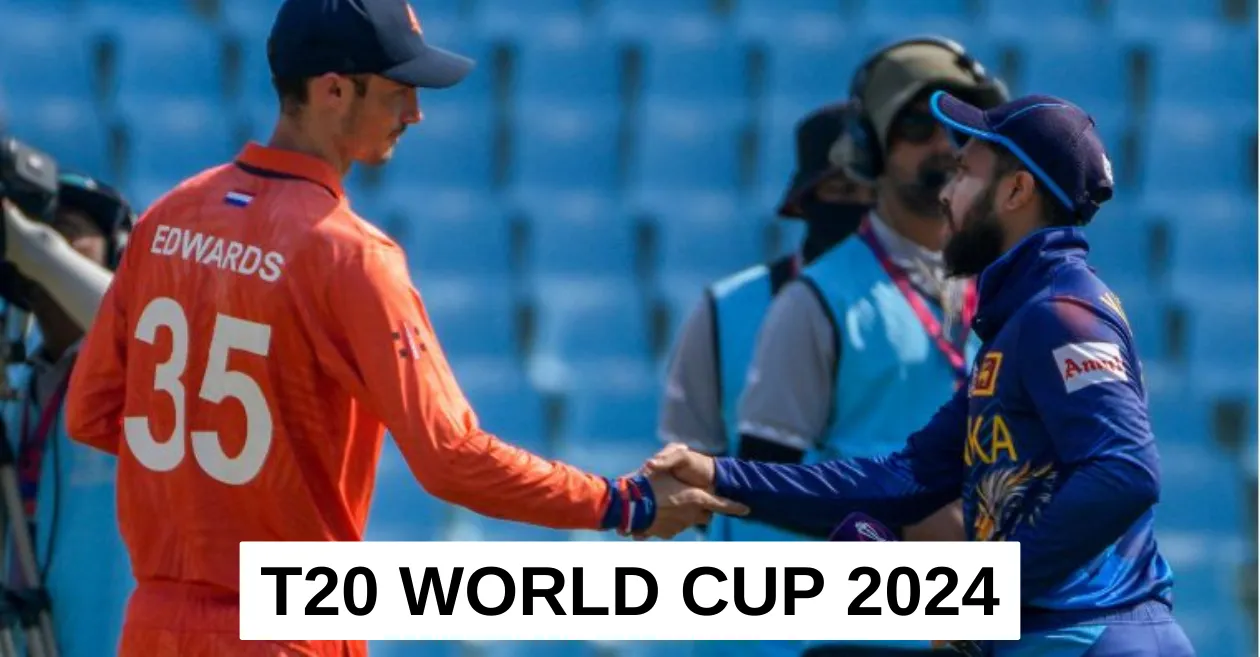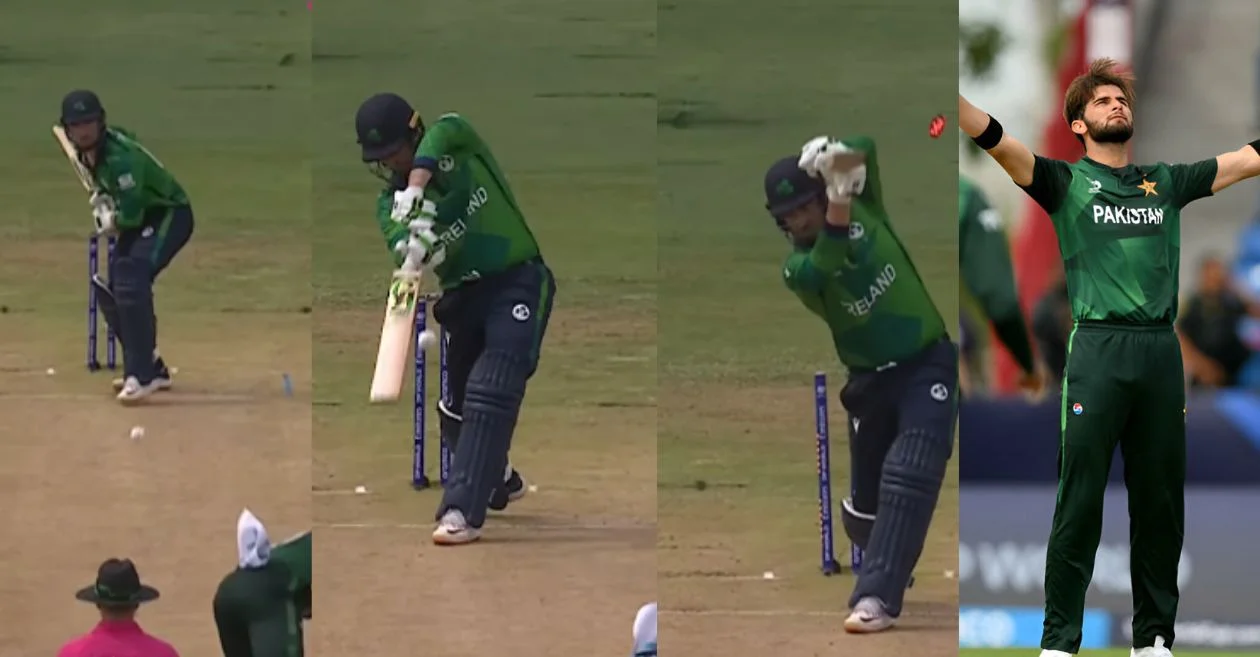By Riley Overend on SwimSwam

Despite pushback from smaller Division I conferences, the NCAA Board of Governors reportedly approved settlement terms for Arizona State swimmer Grant House‘s class-action lawsuit that could send more than $15 billion to college athletes over the 10-year agreement.
The settlement, which would also end the Hubbard and Carter cases facing the NCAA if approved by U.S. District Judge Claudia Wilken, includes almost $2.8 billion in back damages for lost opportunities from the organization’s past restrictions on name, image, and likeness (NIL). But the more consequential component is a revenue-sharing model that would allow schools to share up to $22 million annually with athletes — essentially a salary cap — likely starting in the fall of 2025.
“This would be the biggest change in the history of college sports. Period,” Tulane sports law professor Gabe Feldman told Yahoo Sports. “There have been significant changes and incremental changes. The NIL era has opened a lot of doors, but to have athletes share revenue with the schools would be not only monumental but would be contrary to what the NCAA has espoused for a century.”
Unlike past legal losses, NCAA member schools will pay the majority of the damages rather than the organization itself. Individual institutions will combine for 59% ($1.65 billion) while the NCAA will cover 41% ($1.65 billion) of the cost to about 14,500 players dating back to 2016. The 27 non-Power Five conference will pay $990 million over a decade compared to $664 million for the Power Five. The Pac-12 still voted as a full conference because its schools don’t officially leave until later this summer.
Five of the 21 NCAA Board of Directors voted against the funding model during a meeting on Tuesday. The settlement keeps booster collectives alive, but it encourages them to move within the framework of university athletic departments. It also would do away with scholarship restrictions and add roster limits in an effort to avoid future legal battles.
Although the settlement is finalized for now, there will likely be moving pieces in the coming months. One of the lead plaintiff attorneys, Jeffrey Kessler, said the courts will decide “the degree in which Title IX applies” to the settlement.
Without a settlement, the NCAA reportedly risked losing $20 billion in damages if the organization was dealt another defeat in court.
The settlement doesn’t solve all of the NCAA’s problems as the organization still faces the possibility of college athletes becoming employees and potentially unionizing. Sportico’s Michael McCann wrote that NCAA president Charlie Baker is “likely banking on the settlement providing goodwill as he lobbies Congress” for a federal exemption.
READ MORE
- House v. NCAA Lawsuit Filed (2020)
- House v. NCAA Certified As Class Action Lawsuit
- NCAA Leadership Closing In on Multibillion-Dollar Settlement In House Case
- House Settlement with NCAA Mulling Revenue Sharing Agreement With Athletes
- Big 12, ACC Reportedly Approve Settlement in House v. NCAA Case
SwimSwam: NCAA Approves Multi-Billion Dollar Settlement in Historic House Case, Ending Amateurism



















You must be logged in to post a comment Login